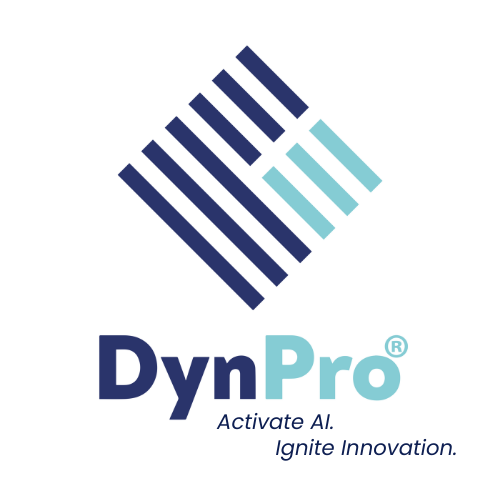Dive Brief:
- IT leaders are wary of autonomous AI agents, preferring to keep some level of human oversight, according to Gartner research published Tuesday. The analyst firm surveyed 360 IT application leaders from organizations with at least 250 full-time employees.
- Just 15% of IT application leaders are currently piloting, deploying or considering fully autonomous AI agents that do not require human oversight, Gartner found. A much larger percentage — 75% — are piloting or deploying some form of AI agents.
- Less than 20% of respondents believe their vendor could provide adequate protection against hallucinations, and only 13% believe their organization has the right governance in place to manage AI agents. Security concerns are also prevalent, with nearly three-quarters of leaders seeing AI agents as a new attack vector in their organization.
Dive Insight:
About a year into the vendor-led AI agent push, most enterprises aren’t rushing into the unfamiliar territory. Risks are high and trust is low.
“The lack of trust is at least in part due to the speed in which AI technology is moving with many AI vendors repeatedly changing their branding, costing models and product offerings,” Max Goss, senior director analyst at Gartner, said in an email.
Companies are overwhelmed by the pace of change, and it keeps technology leaders up at night.
“The fact that many vendors are releasing new AI tools and agents before the governance and security capabilities to protect them is not helping the trust story,” Goss told CIO Dive. “Organizations are concerned that the vendors are prioritizing AI sales wins in the short term over providing scalable and trustworthy enterprise-grade AI tools that they can leverage over the longer term.”
Businesses are predominantly adopting AI in IT operations, followed by customer experience workflows and marketing processes, according to analysis from S&P Global Market Intelligence published in March. But success is elusive, as more enterprises report AI project failure this year compared to 2024.
IT departments, business leaders and end users aren’t always seeing eye-to-eye when it comes to AI implementation.
Successful AI deployments require alignment between IT, the business and executive leadership over what problems AI can solve, according to Goss. “We see that many organizations do not have this,” Goss said in the Gartner release, noting that only 14% of respondents were confident of consensus in their organization about what problems AI will solve.
Corporate rifts have arisen amid efforts to implement the latest AI technologies. Most company leaders say the technology has divided IT teams from other lines of business, as well as executives from employees, according to a Writer report published in March. Employee pushback also continues to threaten momentum.
The friction can obscure use case prioritization and implementation.
“Office productivity and the digital workplace are the default for those organizations that don't have a strong grasp on what they are doing with agents, but they are not necessarily the areas that will provide organizations with the most value,” said Goss.
Gartner recommends that organizations continue to iterate on use cases and review the providers they tap for tools.
Major AI vendors are offering multi-model support and adopting interoperability protocols, signalling a growing realization that a single model or family is unlikely to meet an organization’s needs, according to Goss.
“Best practice is to partner with the business to understand what business pain points the organization has, what AI tool or tools can address these, and to gain alignment on how to measure success, all the while making sure you have confidence in how the AI tool is processing and securing your data,” Goss said.















